South Korea president Yoon Suk Yeol arrested, taken for questioning
Impeached president Yoon Suk Yeol says he agreed to be detained to ‘avert bloodshed’ as he was taken for questioning after an hours long standoff at his presidential residence in central Seoul.
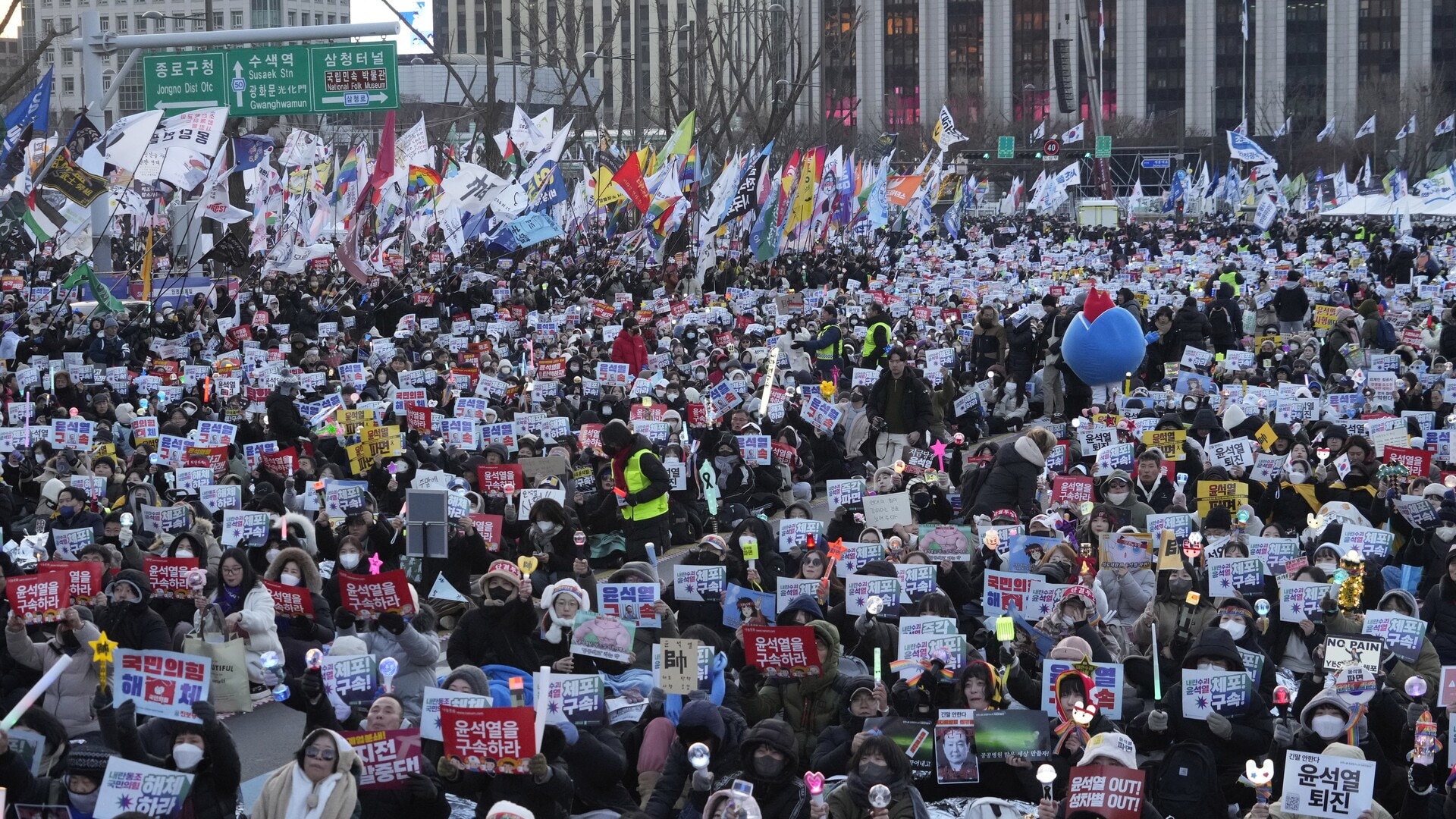
South Korea’s impeached president Yoon Suk Yeol has said he agreed to be arrested and taken from his official residence for questioning, to avert “bloodshed.”
Officials from the country’s Corruption Investigation Office for High-ranking Officials (CIO)detained the suspended president on Wednesday after an hours long standoff, deepening the fallout from his short-lived declaration of martial law last month.
In a pre-recorded video message, Mr Yoon said he had decided to submit to questioning despite believing the investigation into his actions was illegal.
“I decided to respond to the Corruption Investigation Office,” Mr Yoon said in a pre-recorded video message, adding that he did not accept the legality of the investigation but was complying “to prevent any unfortunate bloodshed.”
Never before has a South Korean sitting president been arrested. The 64-year-old President Yoon is being investigated on possible allegations of insurrection, among others. He was detained at the country’s presidential residence in central Seoul, where investigators had backed down in a first attempt earlier this month after a tense standoff with Mr Yoon’s armed bodyguards.
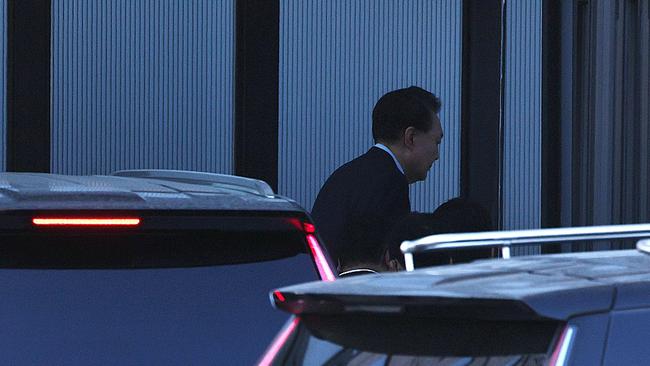
For their second try, investigators from the Corruption Investigation Office for High-ranking Officials (CIO) had said they would show up with specialised police units that typically deal with organised crime or drug trafficking, as well as other law enforcement. Security personnel fortified the presidential compound with extra barbed wire and new barricades following the unsuccessful attempt on January 3.
The leadership crisis has paralysed Seoul at a critical moment, with President-elect Donald Trump taking office on January 20, North Korea recently testing self-proclaimed hypersonic weaponry and the country reeling from a plane crash in South Korea that killed 179 people.
Mr Yoon had been stripped of his presidential powers upon his December 14 impeachment. Two weeks later, Prime Minister Han Duck-soo, who had been acting president with Mr Yoon sidelined, was also impeached for declining to make certain judicial appointments.
On Monday, acting President Choi Sang-mok, the No. 3 in line, ordered the police and Mr Yoon’s Secret Service to refrain from violence and maintain order in any execution of the arrest warrant.
“If conflict occurs between state agencies, it will leave a permanent mark on our constitutional history,” said Mr Choi, who is also serving as acting prime minister, on top of his prior roles of deputy prime minister and head of the country’s economic and finance ministry.
However the officials had to use ladders to enter the presidential palace after being blocked at the main gate to the residence by the president’s guards.
They were also blocked by a group of politicians from the ruling People Power Party and Mr Yoon’s lawyers at the entrance.
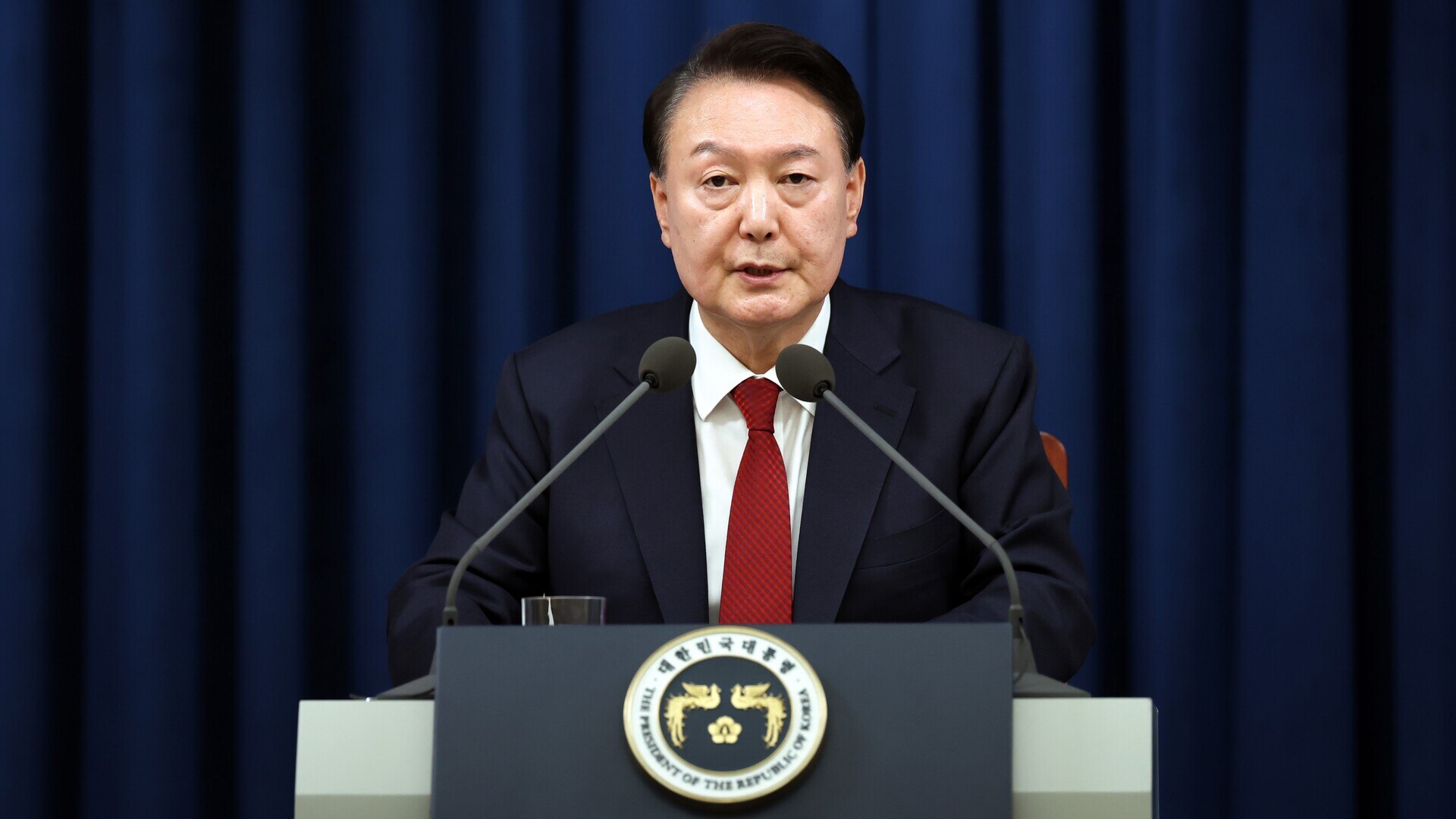
The special investigators now have 48 hours to request a formal arrest warrant that would keep Mr Yoon in detention as the criminal investigation against him unfolds. Typically an individual’s flight risk or threat to destroy evidence are weighed as factors, though Mr Yoon already faces a travel ban.
If the formal warrant is granted, the special investigators will carry out an investigation, then could refer the case to prosecutors to determine whether to indict the conservative Mr Yoon. This all must occur within 20 days. Should charges be brought, Mr Yoon would be detained as his case moves to trial.
Mr Yoon and his defence team have criticised the criminal allegations and arrest warrant as meritless and unlawful. They have argued the special investigators don’t have the authority to pursue charges of insurrection – one of the only crimes that fall outside South Korean presidential immunity.
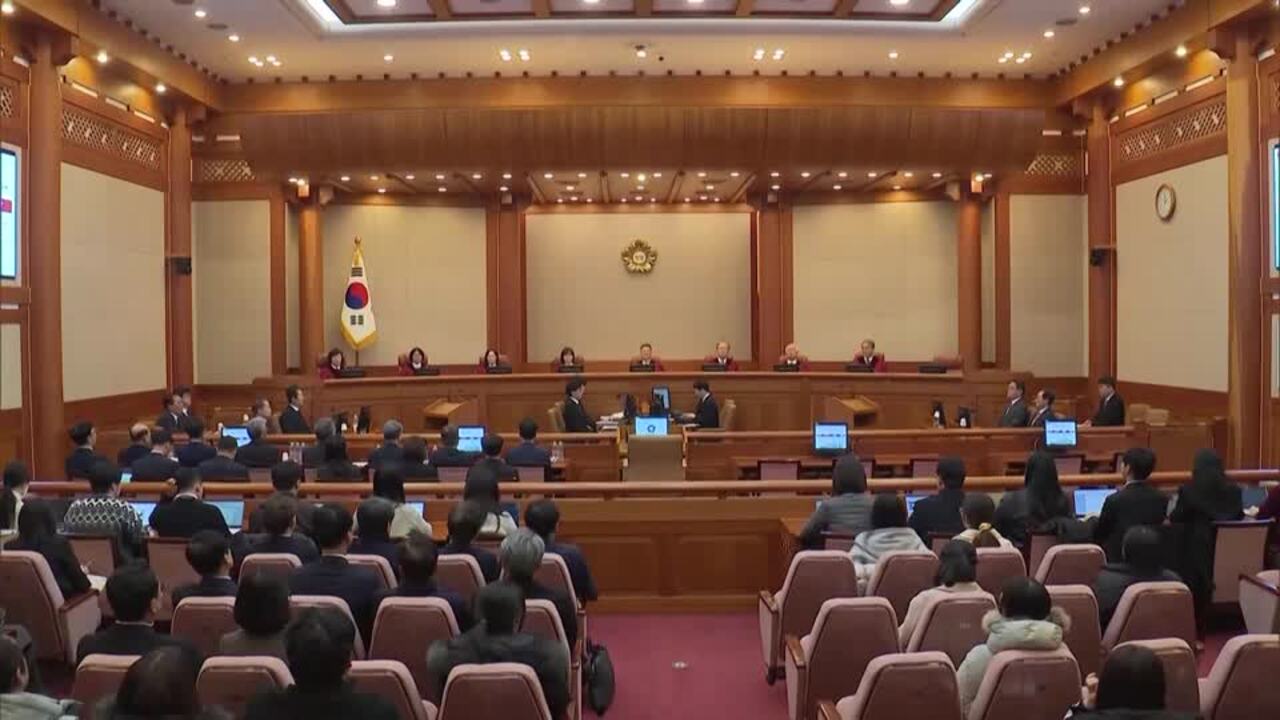
Mr Yoon, a career prosecutor who is about halfway through a five-year term set to end in 2027, had refused to show up for questioning three times. That set forth the push by investigators to obtain an arrest warrant.
Mr Yoon has said that the move to impose emergency powers was to save the country from falling prey to North Korean “communist forces” and to ward off a constitutional crisis brought about by the opposition-controlled legislature, which he called a “den of thieves.” He has argued that his martial-law decree – which would have brought political activity, the media and health services under government control – was an act of governance and therefore not subject to legal scrutiny.
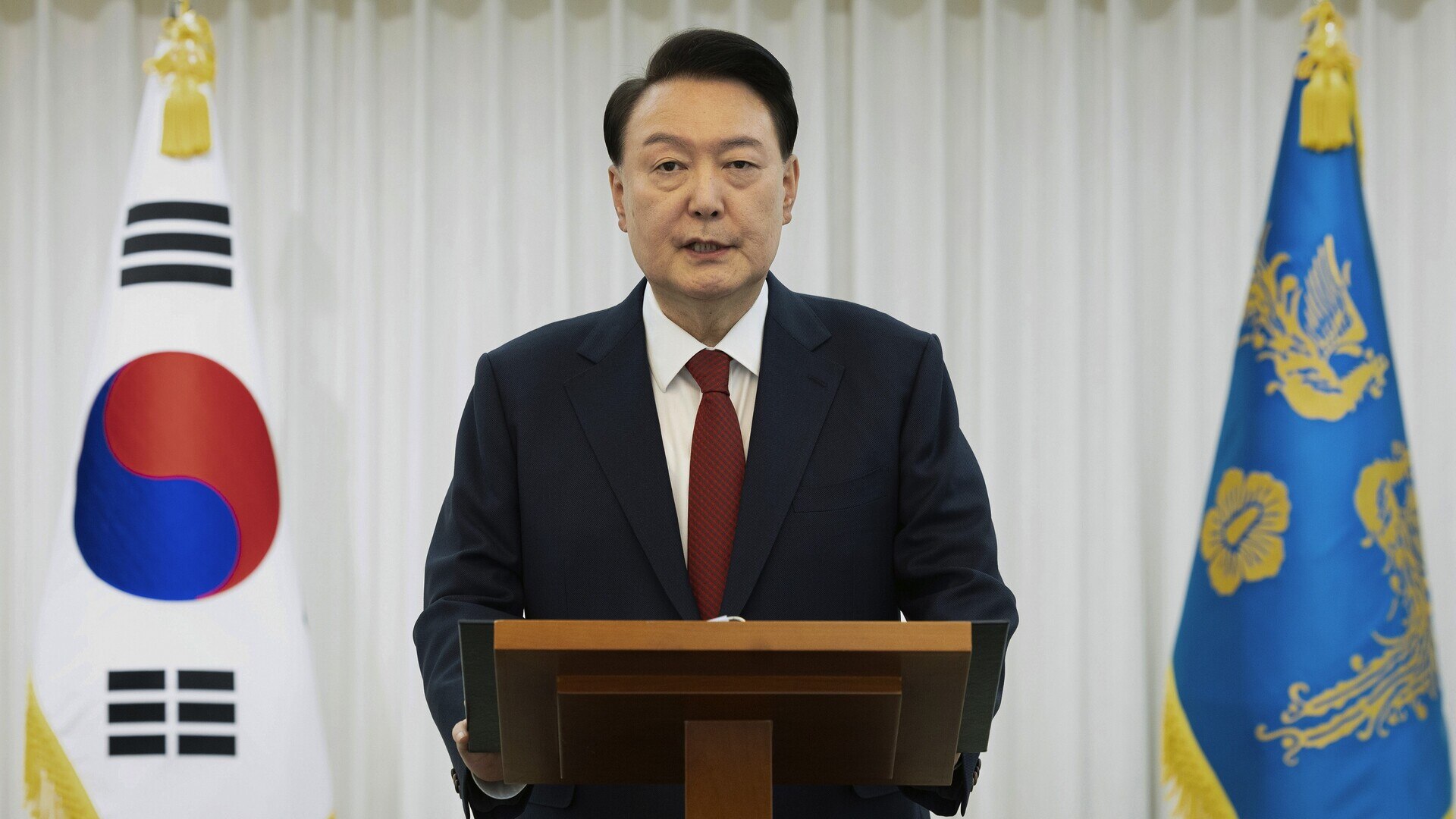
Meanwhile, South Korea’s constitutional court must decide whether to uphold the legislature’s impeachment. It has up to six months to do so, though it is expected to move much faster than that.
In a Gallup Korea poll released on Friday, about 64% of respondents supported Mr Yoon’s impeachment, while 32% said he should be reinstated as president. That represents a drop from a month ago, when roughly three-quarters of South Koreans wanted to see Mr Yoon removed from office.
Dow Jones




To join the conversation, please log in. Don't have an account? Register
Join the conversation, you are commenting as Logout